Cell senescence: a threat and a resource for medicine
Institutional Communication Service
The conference "Senotherapeutics Revolution: Transforming Aging and Cancer Therapy", organised by IBSA Foundation in collaboration with the Institute of Oncology Research (IOR), the Institute for Research in Biomedicine (IRB), the AIRC Institute of Molecular Oncology (IFOM ETS) and the Institute of Molecular Genetics (CNR-IGM), was held in the West Campus Aula magna on 30 June. The event, attended by approximately 500 experts, featured in Il Quotidiano and focused on the effects of ageing on health.
The Forum was dedicated to the topic of cellular senescence, a response mechanism to stress factors that is activated from birth, halting cell growth and reducing metabolic activity. However, the accumulation of senescent cells over time can pose challenges, as it may lead to premature ageing and the development of certain diseases, including cancer.
"We know that senescence can be induced by chemotherapy, radiotherapy, or smart drugs in advanced tumours," explained Professor Andrea Alimonti, Director of the Institute of Oncology Research (IOR) affiliated with USI. "In these cases, it acts somewhat like an enemy to the patient, because cells that have aged as a result of these therapies induce other cells to proliferate and migrate more, and even to become metastatic." The goal, in order to improve cancer therapy, is therefore to be able to modulate cellular senescence.
The Forum concluded with a keynote presentation by Professor Valter Longo, who demonstrated the advantages of a fasting-mimicking diet that seeks to turn food into medicine.




